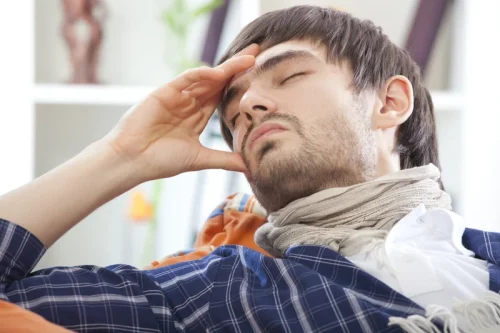
Although promising preclinical results, the majority of results from the clinical studies with dopamine‐acting medications have thus far been discouraging. The side effects profile of many of the evaluated compounds, including typical antipsychotic drugs, render them clinically unfavourable. On the other hand, newer dopamine agents, without complete antagonism or agonism, especially the dopamine stabilizers show promise and deserve further investigation in alcohol‐dependent patients. Bromocriptine, a dopamine agonist has been used clinically for Parkinson’s disease. At low doses, bromocriptine can reduce alcohol consumption in animals 171; it is possible that low‐dose dopamine agonists preferentially augment autoreceptor function, thereby decreasing dopamine turnover and blunting the rewarding effects of alcohol. An early double‐blinded study 172 reported that bromocriptine reduced alcohol craving in alcohol‐dependent patients with a specific genotype of the dopamine D2 receptor gene (i.e. the A1/A1 and A1/A2 genotypes).
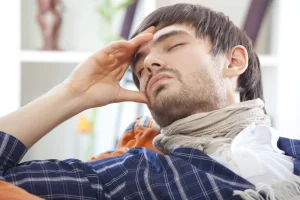
Individual Variations in Alcohol’s Effects on Dopamine
- While that initial sip of alcohol may indeed trigger a pleasurable dopamine release, the long-term effects of chronic alcohol consumption on the brain’s reward system can be profound and potentially harmful.
- It’s important to note that dopamine levels can recover after quitting alcohol, but this process can take time and may require professional support.
- A blood alcohol level of 0.08, the legal limit for drinking, takes around five and a half hours to leave your system.
- Dopaminergic neurons are activated by stimuli that encourage a person or animal to perform or repeat a certain behavior (i.e., motivational stimuli).
- In nonhuman primates, the DS can be divided into caudate and putamen subregions.
Adenosine receptor deficient mutant mice (A2AR KO) were less sensitive to alcohol-induced loss of righting reflex, a finding that suggests that the A2A receptor is involved in mediating the behavioral effects elicited by intoxicating doses of alcohol. In clinical trials in Sweden, alcohol-dependent patients who received an experimental drug called OSU6162, which lowers dopamine levels in rats, experienced significantly reduced alcohol cravings. Dopaminergic neurons are activated by stimuli that encourage a person or animal to perform or repeat a certain behavior (i.e., motivational stimuli).
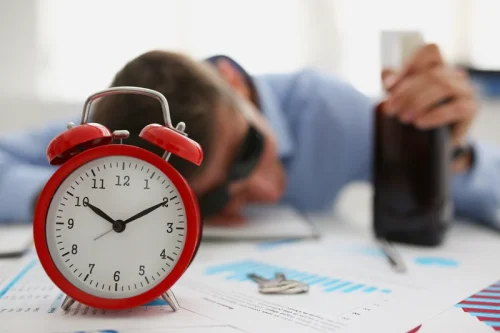
How Rehab Assists People with an Alcohol Dependency
Nonetheless, further work and more subjects per group (particularly in female subjects) are required to determine if the alcohol-induced changes in dopamine release are attributable to changes in the function of the presynaptic dopamine terminal or other factors that alcohol increase dopamine indirectly modulate dopamine release. Moreover, cabergoline, a dopamine D2 receptor agonist, decreased alcohol intake, relapse drinking as well as alcohol‐seeking behaviour in rodents 170. Studies with intra‐NAc administration of quinpirole, further indicating that D2 receptors are involved in a biphasic effect on alcohol self‐administration, by showing that low doses of the agonist increase, whereas higher doses decrease, self‐administration of alcohol 141 (but see also 140). A study has also investigated the effect of dopamine D2 receptor agonist administration into VTA on alcohol intake. This study showed that microinjection of either quinpirole or quinelorane, into the anterior part of the VTA dose‐dependently decreased alcohol, but not sucrose, intake in alcohol‐preferring rats 142. In support are the data showing that local administration of cabergoline into the VTA reduced alcohol‐seeking behaviour in rats 170.
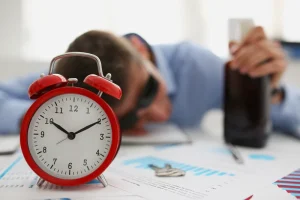
Dopamine D2/3 autoreceptor sensitivity was decreased in chronic alcohol self-administering male macaques
- Therefore, mechanisms regulating alcohol reinforcement might be different in selectively breed high alcohol‐consuming rats compared to outbreed rats, and this should be investigated in more detail.
- The relationship between alcohol, dopamine, and mental health is multifaceted.
- Autonomic, or visceral, responses regulate the involuntary bodily functions, such as heart rate, blood pressure, and gastrointestinal activity.
- Alcohol interferes with the brain’s communication pathways, disrupting the delicate equilibrium of our neurological functions.
- It should also be noted that in both outbreed as well as alcohol‐preferring rats, there are studies showing no influence on the accumbal dopamine levels regardless of dose of alcohol or location in the VTA 59, 91.
Albeit the data are somewhat contradictory, it might be hypothesized that accumbal as well as ventral tegmental dopamine D2 receptors may regulate alcohol reinforcement in rodents. The dorsal striatum (DS) is implicated in behavioral and neural processes including action control and reinforcement. Alcohol alters these processes in rodents, and it is believed that the development of alcohol use disorder involves changes https://ecosoberhouse.com/ in DS dopamine signaling. In nonhuman primates, the DS can be divided into caudate and putamen subregions. As part of a collaborative effort examining the effects of long-term alcohol self-administration in rhesus macaques, we examined DS dopamine signaling using fast-scan cyclic voltammetry. We found that chronic alcohol self-administration resulted in several dopamine system adaptations.

- Aminomethyl propionic acid, or AMPA, is a chemical that specifically activates this glutamate-receptor subtype.
- Alcohol dependence is characterised by deficits in the physiological dysregulation of motivation and reward systems, such as those in the limbic system, hippocampus, amygdala, caudate nucleus, frontal lobe and nucleus accumbens.
- We offer free aftercare for the men who complete our program and have a strong alumni network that remains active in the community.
- Disulfiram is is a drug that inhibits the enzyme aldehyde dehydrogenase and is used in the treatment of alcohol dependence.
The accumulation of acetaldehyde is known to cause unpleasant side effects such as vomiting, headaches, and anxiety after the consumption of alcohol. The positive reinforcing action of alcohol comes from the activation of the dopaminergic reward pathway in the limbic system. Dopamine is a neuromodulating compound that is released in the ventral tegmental area (VTA) and projects to the nucleus accumbens (NA) where it is acutely involved in motivation and reinforcement behaviours. A study by El Yacoubi et al. compared the hypnotic effects of alcohol following the administration of caffeine (25 mg/kg) in A2AR WT and A2AR KO mice.30 At lower doses, alcohol acts as a central nervous system Oxford House depressant in mice, causing sedation and incoordination. Higher doses of alcohol significantly impair consciousness, causing a “coma-like” state that is measured by loss of the righting reflex (an animal’s failure to correct its position when lying on its back).
FAQs about Alcohol and ADHD
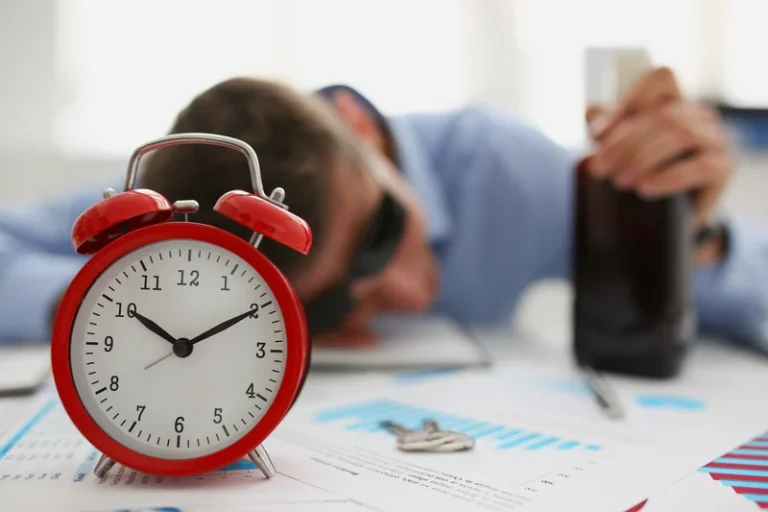
Long work hours, family dynamics and financial pressures can contribute to stress, which may lead to substance and alcohol abuse. The brain is impacted by these substances because it controls our thoughts, feelings and behaviors. Marczinski et al. investigated the effect of alcohol plus energy drink on response activation and inhibition in 56 adults (28 men and 28 women), using a cued go/no go task.28 Participants were required to abstain from caffeine for 8 hours and alcohol for 24 hours prior to the experiment. In a single laboratory session, participants were randomly assigned to receive alcohol (0.5 g/kg of 40% ABV vodka), energy drink (3.57 mL/kg of RedBull®), alcohol plus energy drink, or placebo (3.57 mL/kg of a decaffeinated soft drink).